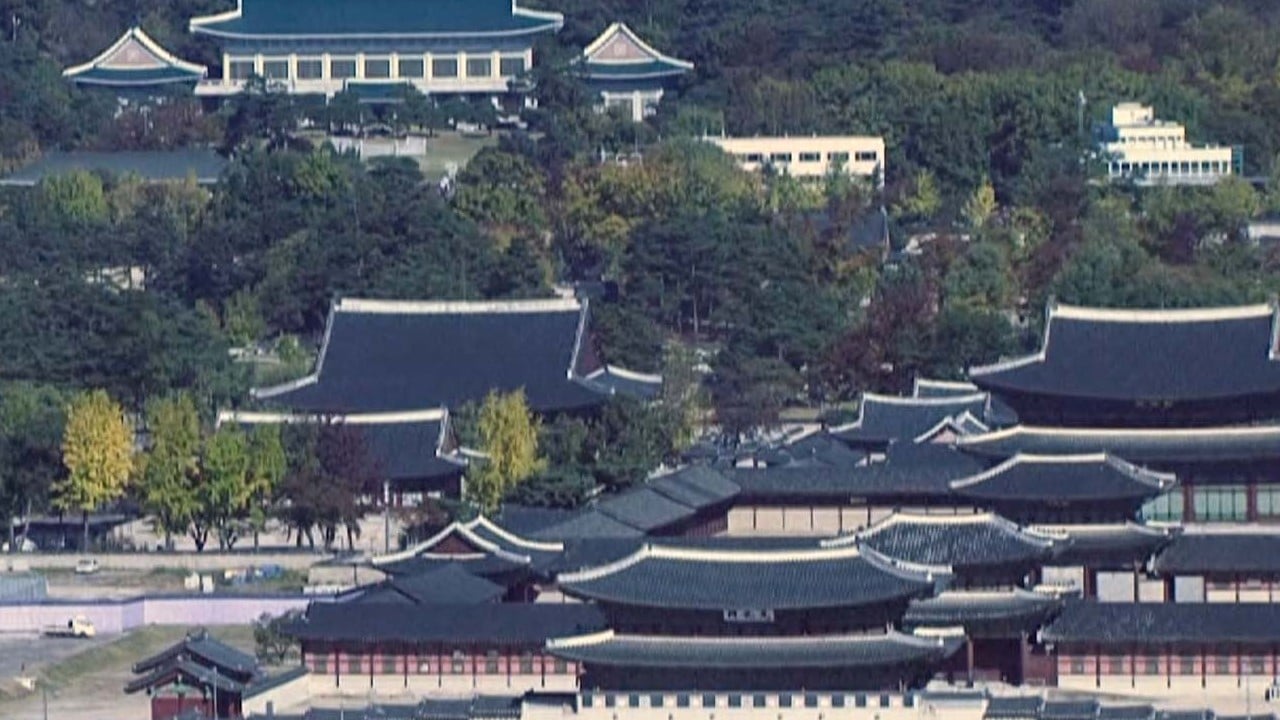
Why the resilience of Asian real estate prices is not such good news
- There has been a glaring lack of a meaningful adjustment in prices in Asia’s real estate markets, which is most apparent in the commercial sector.
- As buyers push for steeper discounts but sellers hold out for an improvement in sentiment, Asian commercial property could become less attractive
For financial markets, one of the most consequential shifts in policy this year was last week’s unexpected decision by the Reserve Bank of Australia (RBA) to continue raising interest rates despite pausing its tightening campaign in April, and in the face of growing evidence that the rise in rates is taking its toll on the economy.
For the rate-sensitive real estate industry, the prospect of borrowing costs remaining higher for longer increases the risk of sharper falls in prices and transaction volumes. Mounting uncertainty over monetary policy, moreover, comes at a time when the property sector is under intense scrutiny, mostly because of concerns that demand for offices is weakening further, particularly in the United States.
In Asia, Australia’s housing market has long been viewed as one of the most vulnerable segments of the region’s property sector due to worryingly high levels of household debt. The pace and scale of rate increases over the past year caused home values in the capital cities to drop 9.7 per cent in the space of 10 months, the sharpest decline on record, according to CoreLogic.
What is clear is that for struggling first-time buyers, the resumption of price gains in what is still a grossly overvalued property market rubs salt in already sore wounds. It also points to a broader trend in Asia’s real estate markets: the glaring lack of a meaningful adjustment in prices.
This is most apparent in the commercial sector. In the fourth quarter of last year, average returns on global commercial property assets fell 3.8 per cent. In Britain, they plunged 11.7 per cent, compared with a 3.6 per cent fall in the US. However, in the most mature markets in Asia, including Australia, returns remained in positive territory, a quarterly property index compiled by MSCI shows.
Unlike Europe and the US – which suffered steep declines in capital values driven mainly by increases in rental yields – prices in Asia have held up remarkably well over the past year.
In Australia, average prime logistics face rents in the main capital cities were up a staggering 25 per cent year on year in the first quarter, supported by a tight leasing market, data from JLL shows.
Strong rental growth in Asia is offsetting much of the downward pressure on capital values stemming from the sharp increase in the cost of debt. “In Asia, the debate is more about the cost of capital as opposed to real estate fundamentals,” said Paul Brindley, head of Asia-Pacific debt advisory at JLL.
However, in the past few months, there has been evidence of a sharper repricing of assets in Australia’s office market, which has been more impacted by the pandemic-induced shift to hybrid working. Yet, for the region as a whole, appraisers are reluctant to mark down the value of property assets in the absence of firmer transactional evidence.
This is contributing to a stand-off between buyers and sellers. While the former are pushing for steeper discounts, the latter are holding out for an improvement in sentiment, especially large Asian landlords with strong holding power.
If prices do not adjust more meaningfully, Asian commercial property could become less attractive compared with markets that have repriced more quickly. Some Asian buyers are already scooping up assets in the UK and the US.
“We could see a repeat of the post-2008 period when Asia was slow to reprice, [making Western markets more enticing],” said David Green-Morgan, global head of real assets research at MSCI.
Clearly, the resilience of Asian real estate is a double-edged sword. While it accentuates underlying strengths of the region’s property markets, it perpetuates concerns about affordability and stretched valuations. A bit more stress in Asian property markets would not go amiss.
Nicholas Spiro is a partner at Lauressa Advisory



